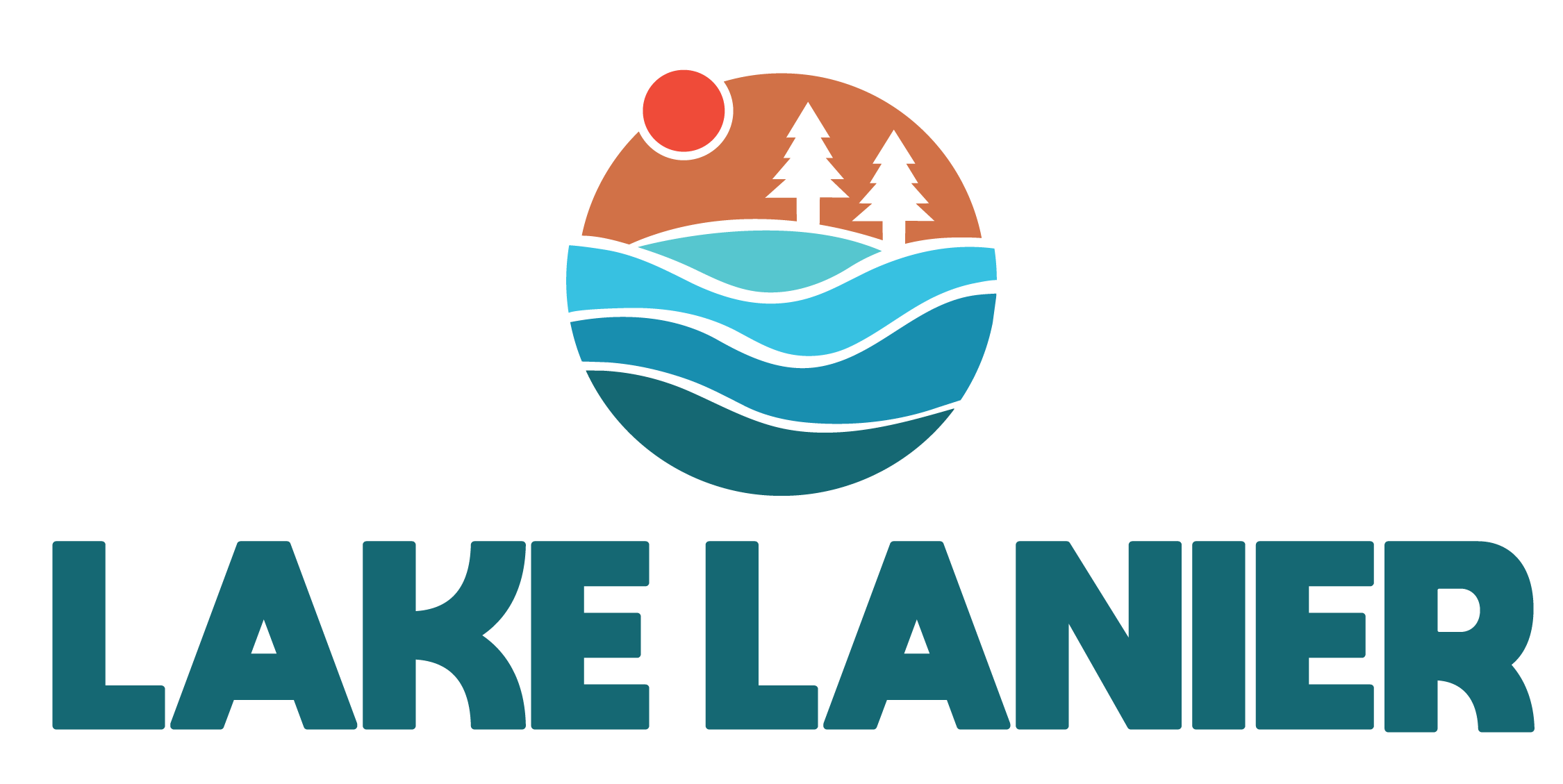A couple of weeks ago we covered the deep leverage that corporate and developer interests now have over Sonny Perdue’s administration and their decisions on Lake Lanier water.
Now Jay Bookman at the AJC takes the ball and runs with it. First off, some background:
“If a deal with our neighboring states can’t be cut by July 2012 [Atlanta will lose access to Lake Lanier water, so] Sonny Perdue has named a Water Contingency Task Force. The group, which held its first meeting last month at the Governor’s Mansion, is tasked with producing recommendations before the Legislature convenes in January.”
Now the problems come in. The Task Force is working entirely behind closed doors:
“According to Bert Brantley, Perdue’s spokesman … “If you had been at the Mansion, you would have heard the governor tell the task force that ‘everything is on the table,’ ” Brantley told me this week. “He told them to look at literally everything.”
Of course, I wasn’t at that meeting to hear the governor say that. You probably weren’t either, because both the press and the public were barred from attending. The task force is being funded with taxpayers’ money; it is producing recommendations that will be critical to the future of the state. But the people of Georgia, the people whose lives, property and jobs are likely to be affected, are forbidden to watch.”
Those secret negotiations are being led by … you guessed it … corporate and developer interests:
“It’s also interesting to note the makeup of the task force. In many states, a panel created to do such important work would be thoroughly seeded with experts in the field — hydrologists, people who know water law, environmental experts, scientists. It might also have a broad range of citizens, from businesspeople to community leaders.
But this being Georgia, the Perdue task force is dominated by corporate executives. By my count, more than 50 of its 87 members are corporate executives, bankers, developers or utility officials. Sixteen are government officials.
Just four represent environmental groups, and three of those four groups — the Nature Conservancy, the Conservation Fund and the Trust for Public Lands — are land-acquisition organizations with little expertise in water issues.
According to Brantley, the extreme overrepresentation of business interests doesn’t matter.
“You’re assuming that businesspeople can’t be environmentalists, too,” he said, repeating a line also used to excuse the dominance of business interests on the state Board of Natural Resources.”
Its worth emphasising that these corporate interests might actually make decisions that favor Lake Lanier … for instance, its not hard to imagine them supporting a rise in the lake to 1073 feet for example.
However, remember that much of the drought crisis of the last few years was caused by unsustainable growth in North Georgia. Its also not hard to imagine them supporting more of that growth.
